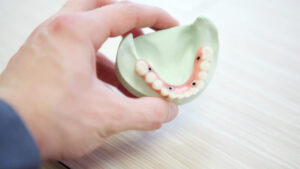
Tartar And Plaque:Remove Methods Without A Dentist
Tartar and plaque, known as dental calculus, form on teeth when plaque accumulates and starts to harden. Not only is tartar visually unappealing, but it

Imagine you’re peacefully savoring a snack when, out of nowhere, you feel a twinge in your tooth. You might think, “Can a toothache cause ear pain?” It’s a curious conundrum, isn’t it?
But don’t fret; you’re not alone in this dental-aural adventure.
In this lighthearted yet informative guide, we’ll dive into the perplexing relationship between toothaches and earaches.
We’ll not only uncover the reasons behind this odd pairing but also provide you with entertaining solutions to ensure your smile reaches from ear to ear.
To solve the mystery, let’s start by exploring the fascinating anatomy of our teeth and ears.
Our teeth and ears are like neighbors in the bustling neighborhood of our head. Teeth call the oral cavity home, while ears, particularly the middle ear, reside in the temporal bone.
This close proximity in the cranial real estate raises intriguing questions about potential neural and physiological connections between the two.
While they may not share daily conversations, the intricate network of nerves and blood vessels in the head and neck means that dental problems can occasionally have unexpected consequences, including referred pain to the ears.
As we embark on this whimsical journey, you’ll gain insights into the fascinating ways our bodies interact.
Now, let’s peel back the layers and uncover how a toothache can be the surprising cause of ear pain.
In our quest for answers, we’ll explore various scenarios where a toothache and ear pain can be entwined:
By examining these scenarios, we aim to shine a light on the quirky ways in which your toothache might just decide to give your ear a piece of the action.
Sometimes, it can be quite the challenge to distinguish between a toothache and an earache. Let’s decode the clues.
Distinguishing between these types of pain is crucial for accurate diagnosis and treatment.
We’ll provide you with insights into common symptoms and signs that will help you play detective and identify whether your discomfort originates from a dental issue or an ear predicament.
As we navigate through this amusing expedition, you’ll be better equipped to determine the source of your discomfort.
Now, onto the main act – finding solutions to bring back that smile on your face.
We understand that the discomfort caused by a toothache can be quite the party pooper. Therefore, we’ll present a range of solutions to effectively deal with this peculiar issue:
Understanding when to seek professional help is key.
We’ll elucidate the circumstances under which you should reach out to a dentist or a doctor, particularly when your toothache decides to drag your ear into the drama.
Timely medical attention can make all the difference in your comfort and well-being.
Prevention is often the best medicine. Here’s how you can shield yourself from toothache-related ear pain:
By incorporating these preventive measures into your oral care routine, you can significantly reduce the chances of experiencing toothache-related ear pain.
Remember, a little prevention can go a long way in maintaining your overall oral and ear health.
In conclusion, while the connection between toothaches and ear pain might seem like a plot twist in a whimsical tale, it’s essential to stay informed and take action when dealing with such perplexing discomfort.
Whether through professional care, inventive home remedies, or preventive measures like using a UV toothbrush sanitizer, you have the tools to address this intriguing issue.
Remember, your well-being is worth the detective work and preventive measures. So, embrace this quirky journey and keep smiling from ear to ear, minus the pain!
FAQ 1: Can a sinus infection cause both a toothache and ear pain simultaneously?
Answer: Yes, sinus infections can indeed lead to referred pain that affects both the teeth and ears. The maxillary sinus, located close to the upper back teeth, shares nerve pathways with these areas, causing discomfort in both.
FAQ 2: Are there any lifestyle habits that can contribute to toothache-induced ear pain?
Answer: Smoking and excessive alcohol consumption can adversely affect both oral and general health, potentially increasing the risk of dental issues that may lead to ear pain.
FAQ 3: Can tooth infections or abscesses cause ear infections as well?
Answer: While tooth infections or abscesses are primarily dental problems, if left untreated, the infection can potentially spread to nearby areas, including the ear. This emphasizes the importance of prompt dental care.
FAQ 4: What is the role of the temporomandibular joint (TMJ) in toothache and ear pain?
Answer: The TMJ, which connects the jawbone to the skull, is located in close proximity to the ears. TMJ disorders can lead to jaw pain that may be mistaken for ear pain due to their proximity and interconnected nerves.
FAQ 5: Is there a specific type of toothbrush sanitizer that is recommended for preventing toothache-related ear pain?
Answer: A UV toothbrush sanitizer is often recommended as it effectively kills germs on toothbrushes. It can be a proactive step to minimize the risk of dental infections that may lead to ear discomfort.


Tartar and plaque, known as dental calculus, form on teeth when plaque accumulates and starts to harden. Not only is tartar visually unappealing, but it
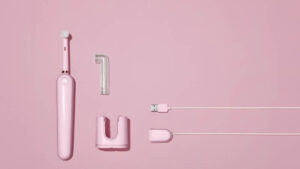
We are often contacted by customers complaining about a Sonicare toothbrush not charging. A charging issue is a common problem and can sometimes be misdiagnosed

Opting for an electric toothbrush for sensitive teeth can help alleviate discomfort and further protect against gum recession. But which model is ideal for those
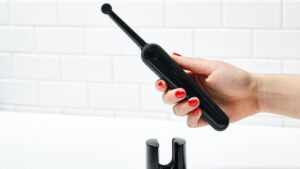
Have you learned how to use an electric toothbrush? It’s crucial to know not just for electricity but for any toothbrush type. Even though electric
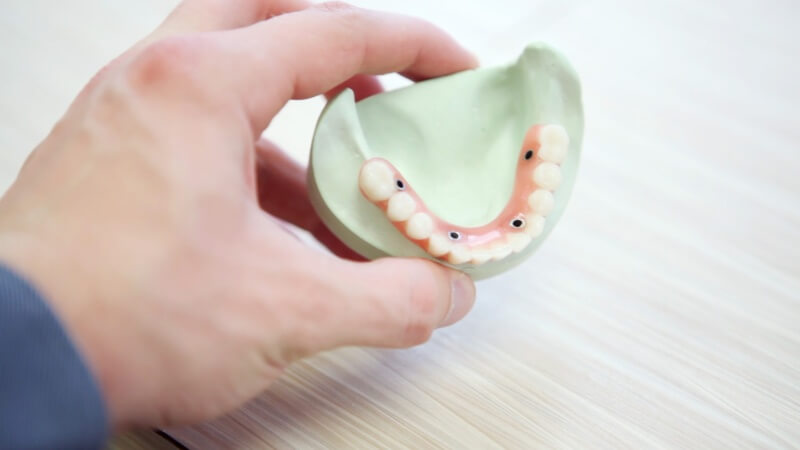
Tartar and plaque, known as dental calculus, form on teeth when plaque accumulates and starts to harden. Not only is tartar visually unappealing, but it
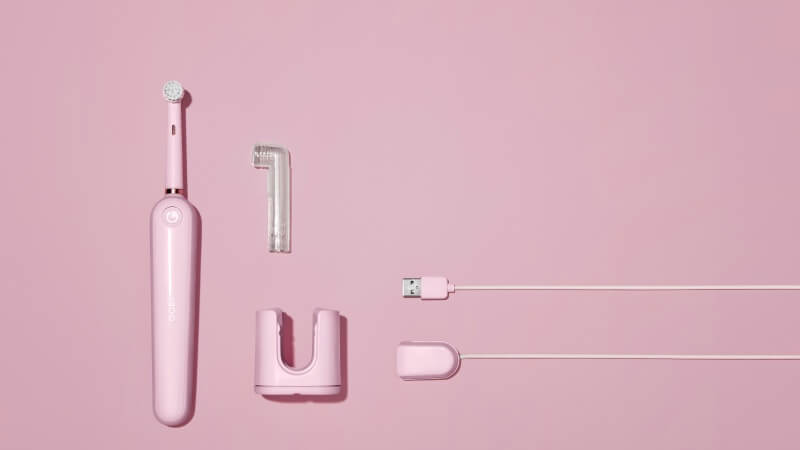
We are often contacted by customers complaining about a Sonicare toothbrush not charging. A charging issue is a common problem and can sometimes be misdiagnosed

Opting for an electric toothbrush for sensitive teeth can help alleviate discomfort and further protect against gum recession. But which model is ideal for those
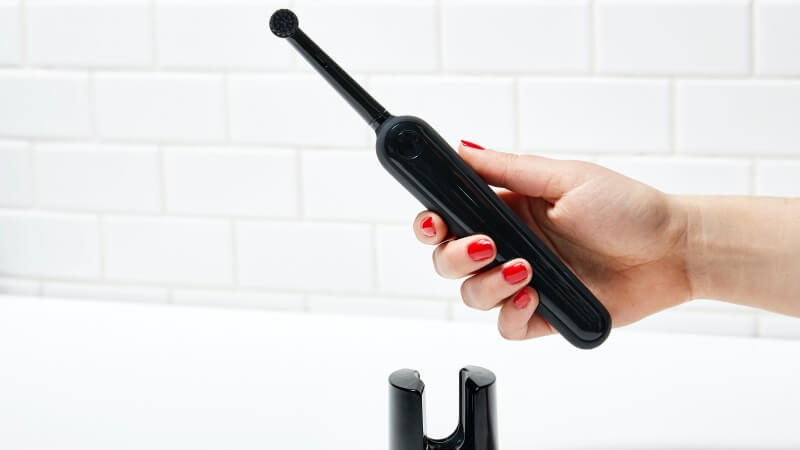
Have you learned how to use an electric toothbrush? It’s crucial to know not just for electricity but for any toothbrush type. Even though electric
Copyright © 2024 toothbrushsanitizerholder. All Rights Reserved.